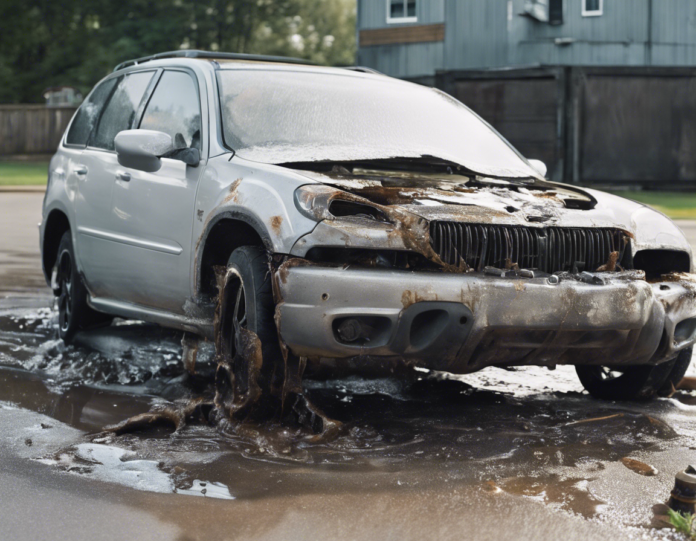Coolant leaks can be a common issue in both older and newer vehicles, leading to overheating, engine damage, and costly repairs. Preventing coolant leaks through regular maintenance is key to keeping your vehicle running smoothly and avoiding breakdowns. In this comprehensive guide, we will explore the causes of coolant leaks, top tips for maintenance, and frequently asked questions to help you keep your vehicle in top condition.
Common Causes of Coolant Leaks:
1. Damaged Hoses: Over time, the rubber hoses that carry coolant can degrade and develop cracks or holes, leading to leaks.
2. Radiator Issues: Corrosion or physical damage to the radiator can cause coolant leaks.
3. Water Pump Failure: A faulty water pump can result in coolant leaks around the pump.
4. Loose or Damaged Clamps: Clamps that secure hoses to the radiator or engine can become loose or damaged, causing leaks.
5. Leaks in the Heater Core: Issues with the heater core, which is responsible for heating the cabin, can also lead to coolant leaks.
Top Tips for Preventing Coolant Leaks:
1. Regular Inspections: Check the coolant level and look for any signs of leaks under the vehicle.
2. Replace Hoses: Replace hoses every 4-5 years or as recommended by the manufacturer.
3. Check Radiator Cap: Ensure the radiator cap is in good condition and seals properly.
4. Monitor Temperature: Keep an eye on the temperature gauge to catch any signs of overheating early.
5. Use Quality Coolant: Use the coolant recommended for your vehicle to prevent corrosion and leaks.
6. Address Issues Promptly: If you notice any signs of a coolant leak, such as puddles under the car or a sweet smell in the cabin, have it inspected and repaired promptly.
7. Maintain Cooling System: Flush and refill the cooling system as recommended by the manufacturer to prevent buildup.
FAQ – Frequently Asked Questions:
Q: How do I know if my vehicle has a coolant leak?
A: Look for puddles of coolant under the vehicle, a sweet smell in the cabin, or the temperature gauge rising.
Q: Can I drive with a coolant leak?
A: It is not recommended as it can lead to overheating and engine damage.
Q: How often should I check my coolant levels?
A: It’s good practice to check coolant levels monthly, especially before long drives.
Q: Can I use water instead of coolant in my vehicle?
A: While water can be used in emergencies, coolant is recommended for its anti-corrosive properties.
Q: Are coolant leaks expensive to repair?
A: The cost can vary depending on the source of the leak, but addressing it early can prevent more costly repairs.
By following these maintenance tips and being proactive about detecting and addressing coolant leaks, you can help ensure the longevity and performance of your vehicle. Regular inspections and timely repairs are key to preventing unexpected breakdowns and costly repairs down the road. Remember, a well-maintained cooling system is essential for keeping your engine running smoothly and efficiently.


